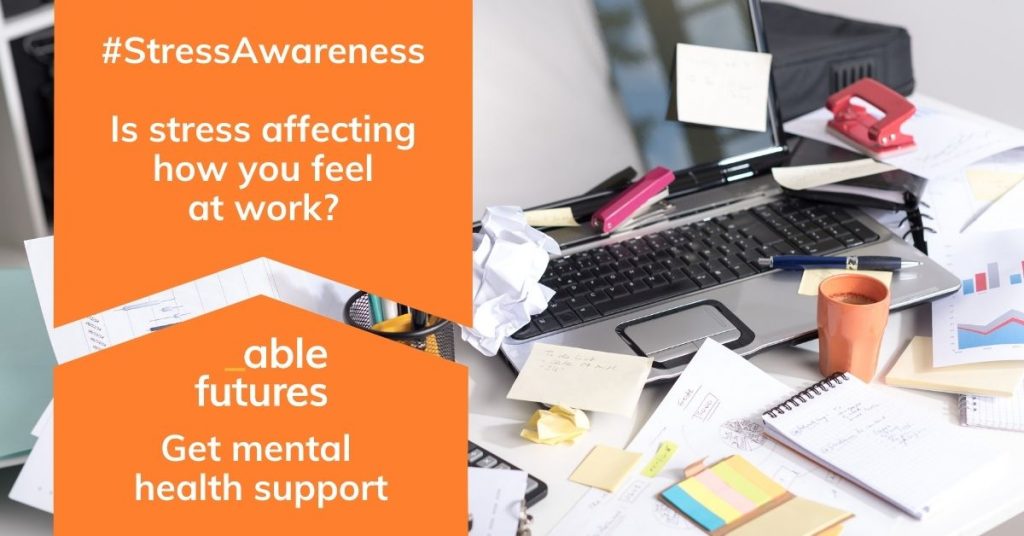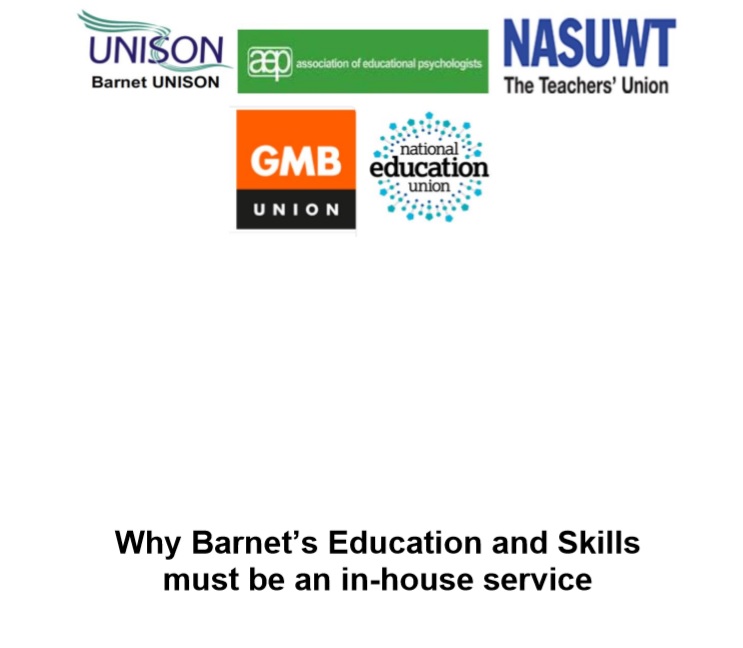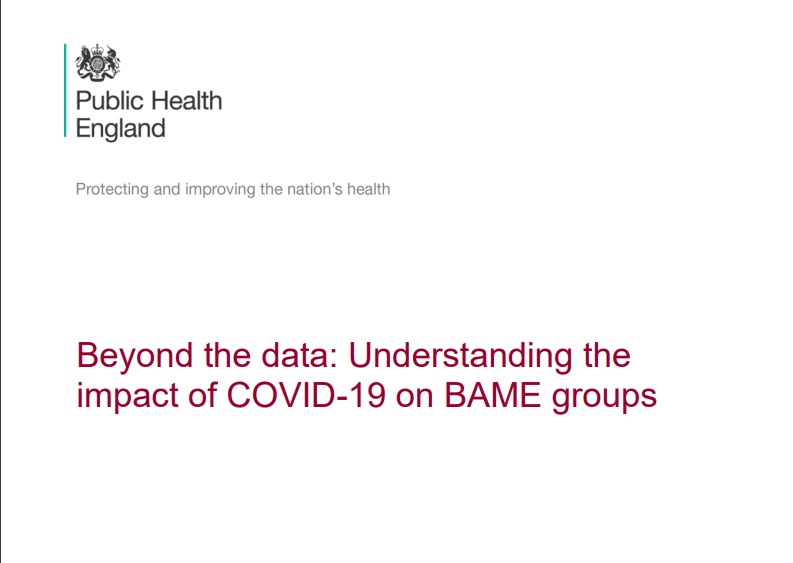 For the purposes of this proposal frontline means workers who cannot work from home.
For the purposes of this proposal frontline means workers who cannot work from home.
* Barnet Council responses in red.
1. All staff who are deemed clinically vulnerable or extremely clinically vulnerable to stay at home for lockdown on full pay.
We need to draw a distinction between those staff who are Clinically Extremely Vulnerable (CEV) and those who have other underlying health conditions. Those who are CEV will have received a letter from the NHS, and should not attend work. Where possible, they should work from home, and this could include performing other duties that are not normally part of their job role, but which they are trained and competent to do. Where this isn’t possible, they should remain home on full pay regardless. Those who have other health conditions could be required to attend the workplace if they cannot work from home. If any staff members have concerns about this they should speak to their manager and, if necessary, they will carry out an individual risk assessment to ensure that the staff member’s health is not unnecessarily compromised.
2. All frontline staff to receive a monthly COVID payment for the duration of the Pandemic in recognition of the important role they playing in the provision of frontline services and the simple fact frontline workers can’t work from home and have to bear the costs of travel and navigate the risks of travel on public transport.
Whilst we continue to be hugely appreciative of the dedication and commitment of those staff who do have to continue attending the workplace during the pandemic, we have no plans to provide an additional payment. This is consistent with the majority of other Councils across London.
3. All frontline workers to have weekly COVID tests.
Testing capacity is limited across the country and prioritised for those where evidence suggests it is most effective, such as anyone with COVID-19 symptoms and some frontline staff (e.g. health and care workers). For other frontline staff, risk mitigation actions are in place to prevent potential spread of the infection. As you are aware, regular testing asymptomatic people is of a limited value, unless they work in very high risk areas (such as care settings and hospitals), as results are not always conclusive and no test is 100% accurate. We are however closely monitoring findings of early pilots of mass testing for asymptomatic people and are working towards bringing some learning to Barnet and, some key worker groups, can be considered for that initiative, when it becomes available.
4. All frontline workers to receive full pay if they have to isolate or are unable to work due to COVID.
As you are aware, this has been our policy since the start of the pandemic and we have no plans to change it
5. All frontline workers to have unlimited access to counselling services during this pandemic in recognition of the mental stress working with COVID brings to this workforce.
All staff are able to access the council’s Employee Assistant Programme (EAP), which provides them with at least 6 counselling sessions. There are also other support options available including Able Futures and our Mental Health First Aiders. As currently, if anyone requires more specialised counselling services, they should speak to their line manager or the SHAW team in the first instance
6. If staff have to work from home due to fact their children are sent home from their school due to COVID then they should remain on full pay.
As you know, this has been our policy since the start of the pandemic, and we have no plans to change it. We would however encourage staff to work from home in those instances, if possible.
7. All COVID related absences whilst recorded should not be used for sickness absence recording.
Once again, we agreed at the start of the pandemic that COVID related sickness absences would not be used in relation to any absence management procedures. We have no plans to change this. I would just add, however, that we will need to keep this under review in relation to “long COVID”. As I’m sure you are aware, medical understanding of this condition is still developing and, whilst we will continue to be supportive of all staff suffering illness, clearly we cannot put ourselves in the position, as an employer, of having people off work indefinitely without having any recourse to resolve matters
8. Any staff having to make emergency visits abroad to visit a dying relative or attend a funeral should receive full pay during the quarantine period.
We will consider such situations on a case by case basis, whilst maintaining the general approach of being as compassionate and supportive as possible.
COVID Plus for home workers.
1. All staff who are deemed clinically vulnerable or extremely clinically vulnerable to stay at home for lockdown on full pay.
See my answer to question 1 above. However, as we are now talking about home-workers, there should be no issues with staff members having to attend the workplace
2. All workers to have unlimited access to counselling services during this pandemic in recognition of the mental stress working with COVID brings to this workforce.
See my answer to question 5 above
3. If staff have to work from home due to fact their children are sent home from their school due to COVID then they should remain on full pay and it should be recognised that the worker has a reduced capacity to carry out their work duties.
This is the policy we have adopted throughout the pandemic and are not planning to change it now. In such cases it is very important that staff discuss their situation with their line manager and that this continues throughout the period during which children are at home
4. All COVID related absences whilst recorded should not be used for sickness absence recording.
See my answer to question 7 above
5. Any staff having to make emergency visits abroad to visit a dying relative or attend a funeral should receive full pay during the quarantine period.
See my answer to question 8 above
6. To recognise the damaging effect working from home has on both physical activity levels and mental health. Also to recognise that the normal practice of leaving home to travel to and from work also of travelling between venues for meetings are now lost to the home worker leading to a more compressed working routine with little opportunity to leave the home. Therefore give a one hour paid daily break to home working staff in addition to their lunch break to enable them to have down time from their computer screens and so that they can physically leave their home for a walk or partake in some form of exercise.
We do recognise that home working can create risks to people’s physical and mental wellbeing. Equally, it can provide the opportunity for people to achieve better balance in their lives and to work more flexibly. We encourage all staff to look after their wellbeing whilst working from home, and will continue to provide both encouragement and resources for them to do this. Staff are encouraged to take regular short breaks during the day, especially when using screens continuously. It does need to be recognised that, without the journey into work, most staff do have more time available to them, and we would encourage them to use this time productively to look after their health and wellbeing, for example by going out for a walk before work at the time when they would otherwise have been travelling into the office. We do not believe that it would be appropriate to give an additional hours’ paid time off each day.
7. Protocol for structuring virtual meetings to enable time away from the screen e.g. starting meetings at quarter past the hour implying that there should be a 15min break before the meeting starts.
Some parts of the council have introduced similar protocols to this, but I agree that it would sensible to provide further guidance to everyone on the subject, and will ask the Communications Team to issue some advice accordingly.
8. Supervision to incorporate questions relating to mental health wellbeing and physical health as well as checking on the home set up (it should not be assumed home set up is constantly the same).
This is part of a manager’s normal responsibility towards their staff, and if anyone feels that they are not being given adequate opportunities to discuss their health and wellbeing, they should ensure that they raise this – initially with their manager or, if necessary, with HR
9. For a designated person to randomly contact 10 workers per week to find out from them their experience with respect to supervision, welfare checks etc.
I agree that it is important for us to receive regular feedback from staff with regard to their welfare and working arrangements. For this reason, we are carrying our regular “pulse” surveys. The latest of these has just gone live, and subsequent surveys will be carried out every 6-8 weeks.
10. Staff with children at home should be given a designated amount of time to dedicate to their child’s learning and leisure.
I’m not entirely clear exactly what is being asked here. See my answer to question 3 above with regard to those children who are required to isolate. Clearly it is for all parents to find an appropriate balance between their paid employment and time with their children, which is the case regardless of whether people are working from home or not. In most cases, home working will allow staff to achieve a better balance between competing priorities, and provide more time at home due to the removal of travelling time.
11. Key workers working from home who have a clinically or extremely clinically vulnerable child should be allowed to continue working from home if schools are closed but only open to key worker’s children.
Schools are fully open and so should not just be open to key workers’ children. If a child is unable to attend school for medical reasons (i.e. they have been confirmed to be Clinically Extremely Vulnerable by a GP or hospital doctor), then we would allow the parent to work from home. But this would only apply to the parent of a CEV child, not those with other health conditions (e.g. those clinically vulnerable) that do not prevent the child’s attendance at school.
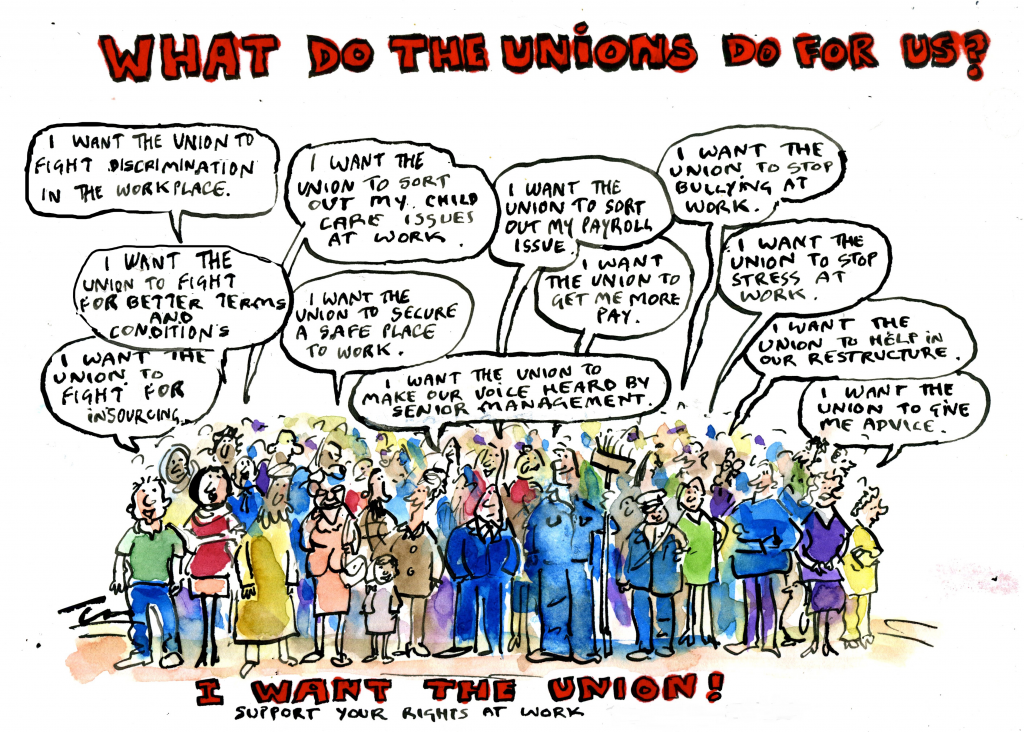


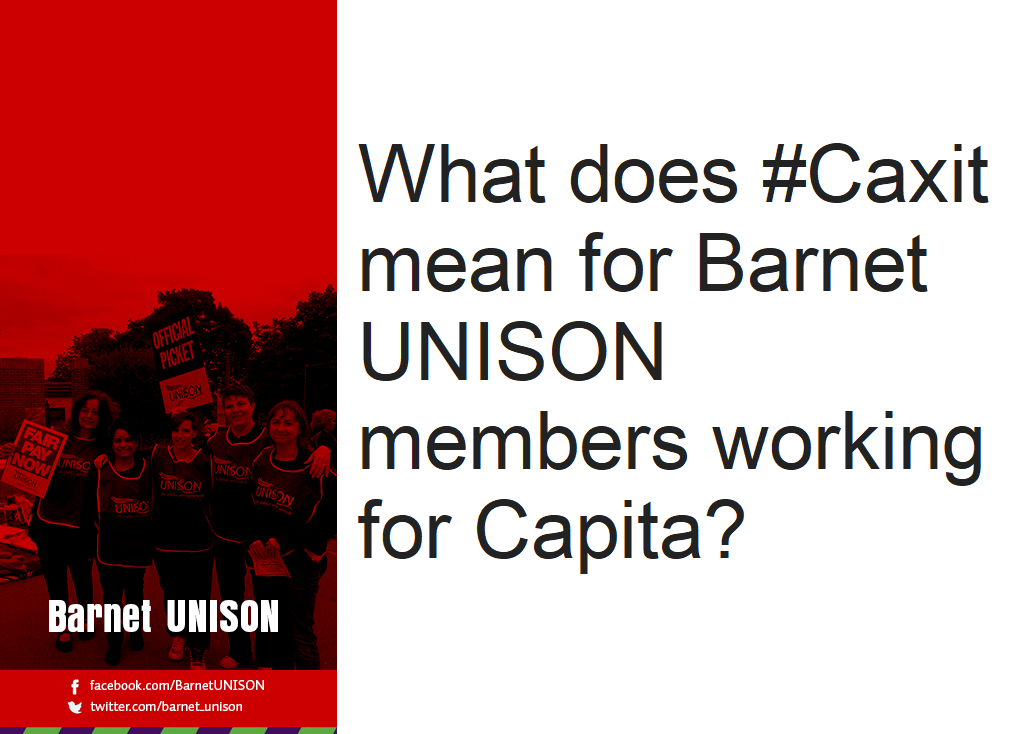
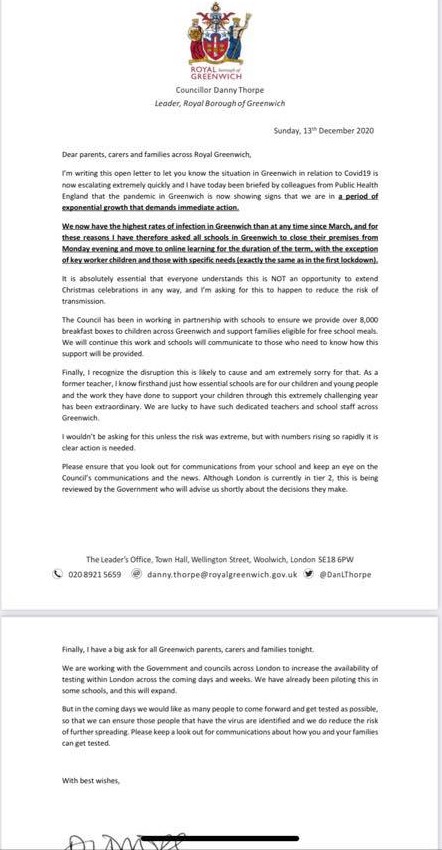

 For the purposes of this proposal frontline means workers who cannot work from home.
For the purposes of this proposal frontline means workers who cannot work from home.